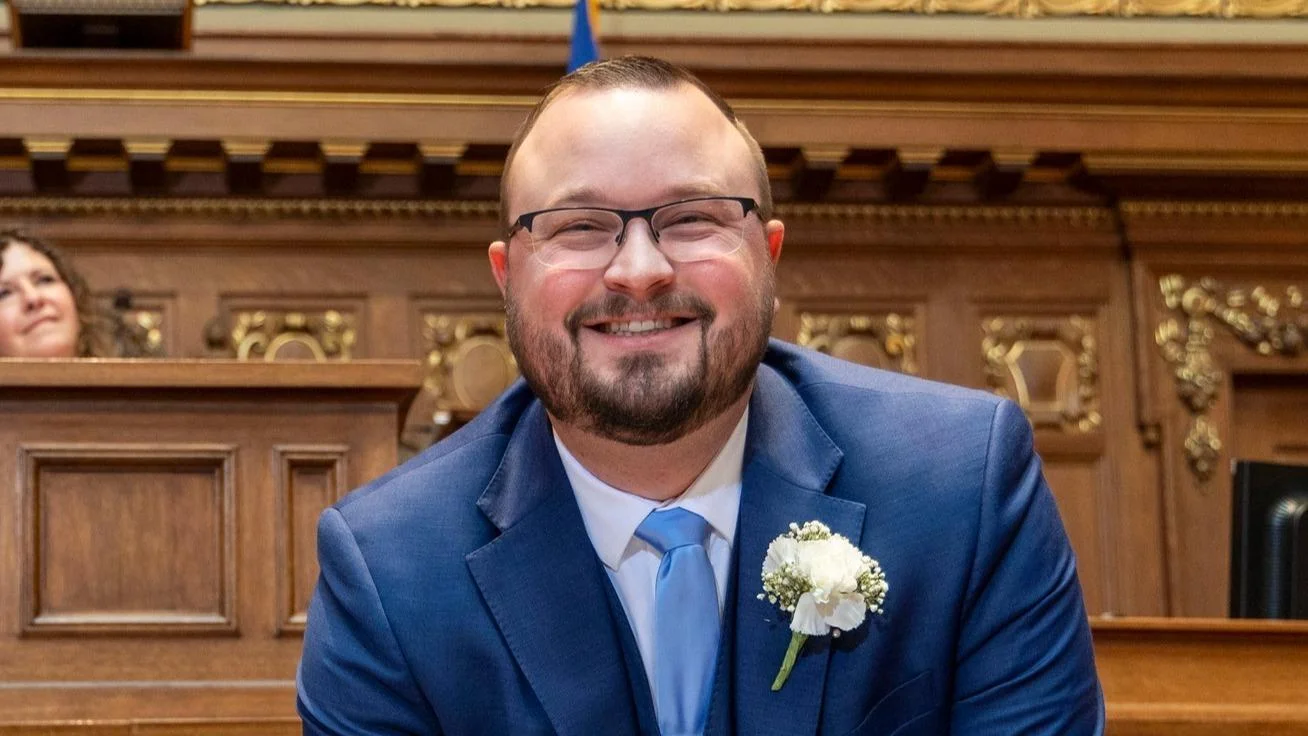Alex Dallman, Wisconsin State Representative for 39th District | www.facebook.com
Alex Dallman, Wisconsin State Representative for 39th District | www.facebook.com
According to the Wisconsin State Legislature's official website, the bill was described as follows: "prohibiting funding for health services for unlawfully present individuals. (FE)".
The following is our breakdown, based on the actual bill text, and may include interpretation to clarify its provisions.
In essence, this bill creates a statute prohibiting the allocation of state, county, village, town, or long-term care district funding, including any federal funds passing through the Wisconsin state treasury, for health care services provided to individuals who are not lawfully present in the United States. However, these prohibitions do not apply if federal law requires such payments or if enforcing the restriction would result in the loss of federal funds.
The bill was co-authored by Senator Van H. Wanggaard (Republican-21st District), Representative Scott Allen (Republican-82nd District), Representative Elijah R. Behnke (Republican-6th District), Representative Lindee Rae Brill (Republican-27th District), Representative Calvin T. Callahan (Republican-35th District). It was co-sponsored by Senator Steve L. Nass (Republican-11th District) and Senator Cory Tomczyk (Republican-29th District), along 16 other co-sponsors.
Alex A. Dallman has co-authored or authored another 20 bills since the beginning of the 2025 session, with none of them being enacted.
Dallman graduated from Edgewood College in 2015 with a BS.
Dallman, a Republican, was elected to the Wisconsin State Assembly in 2025 to represent the state's 39th Assembly district, replacing previous state representative Mark Born.
In Wisconsin, the legislative process starts when a senator, constituent, group, or agency proposes an idea for a bill. After drafting, the bill is introduced, numbered, and referred to a committee for review and public input. If approved, it moves through three readings and votes in both the Senate and Assembly. Once both chambers pass the same version, the bill goes to the governor, who can sign it, veto it, or let it become law without a signature. Only a small share of bills introduced each session ultimately become law. You can learn more about the Wisconsin legislative process here.
| Bill Number | Date Introduced | Short Description |
|---|---|---|
| AB308 | 06/06/2025 | Prohibiting funding for health services for unlawfully present individuals. (FE) |
| AB269 | 05/19/2025 | Delivery network couriers and transportation network drivers, Department of Financial Institutions’ approval to offer portable benefit accounts, providing for insurance coverage, modifying administrative rules related to accident and sickness insurance, and granting rule-making authority. (FE) |
| AB259 | 05/19/2025 | Criminal trespass at a campground and providing a penalty. (FE) |
| AB214 | 04/23/2025 | Town clerk and treasurer appointments, publication requirements for proposed budget summary and notice of public hearing, and discontinuance of highways. (FE) |
| AB155 | 04/02/2025 | Designating the Tom Diehl Memorial Highway. (FE) |

 Alerts Sign-up
Alerts Sign-up